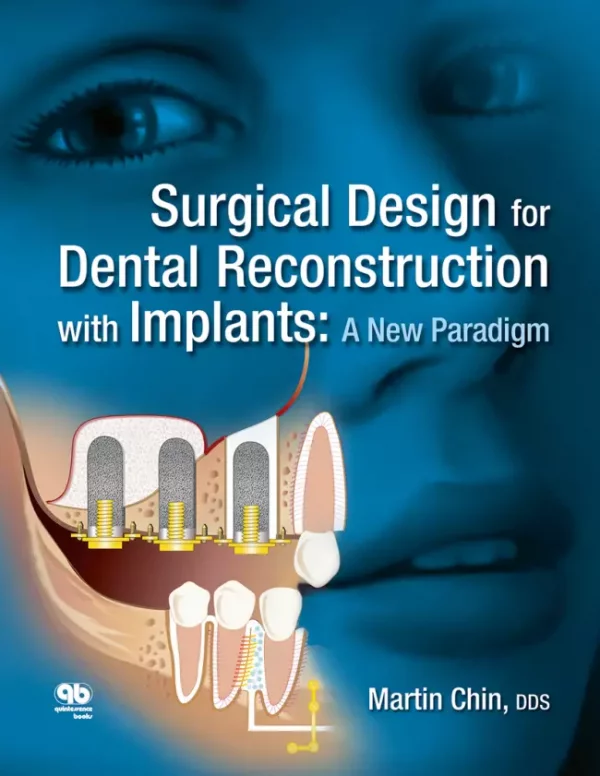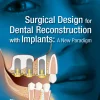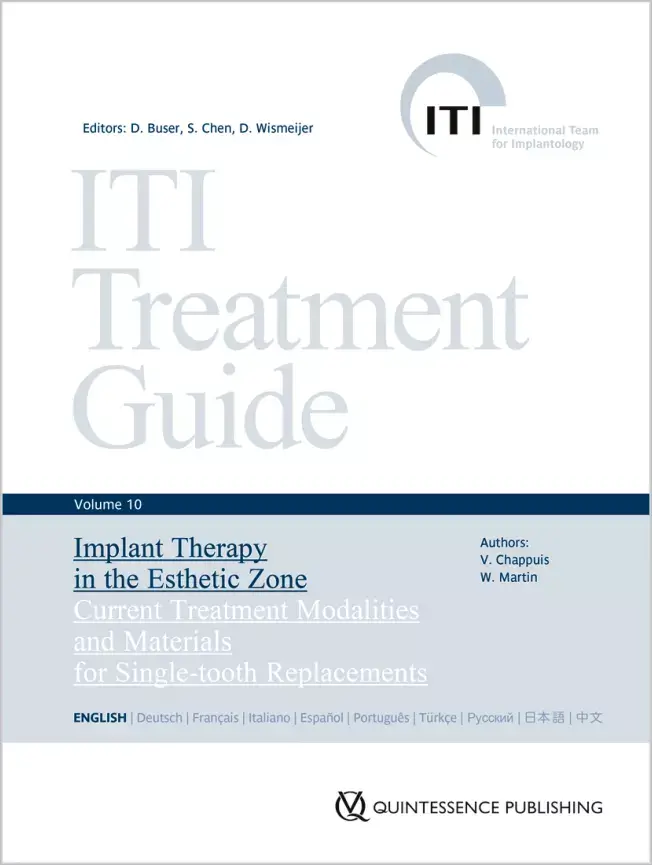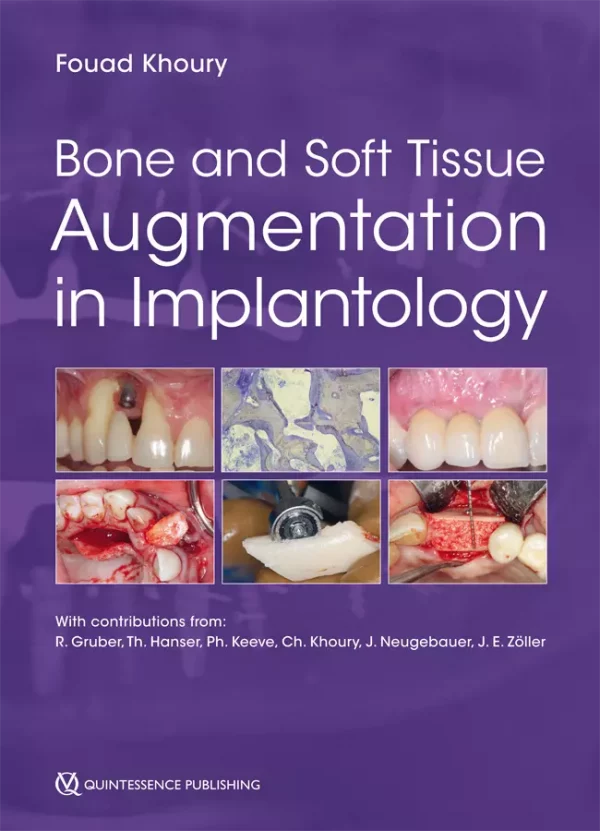Description
This book presents a novel strategy to improve the outcome of maxillofacial reconstruction by combining evolving principles of neurophysiology and tissue engineering with an integrated surgical and laboratory technique. The objective of this book is to bridge the gap between the routine practice of maxillofacial surgery and theoretical laboratory science. The early chapters set down clear, specific treatment-planning principles that should be considered in every surgical design to optimize healing. Subsequent chapters detail the laboratory and surgical techniques that make precise skeletal movements predictable. This methodology is validated with comprehensively illustrated clinical examples, including long-term follow-up. This integrated approach to reconstructive therapy offers the potential to solve clinical problems that are known to be resistant to conventional treatments. Guided by this book, the reader will be able to exploit emerging biotechnical discoveries to establish a working model that can be applied to real problems affecting real patients.






Reviews
There are no reviews yet.